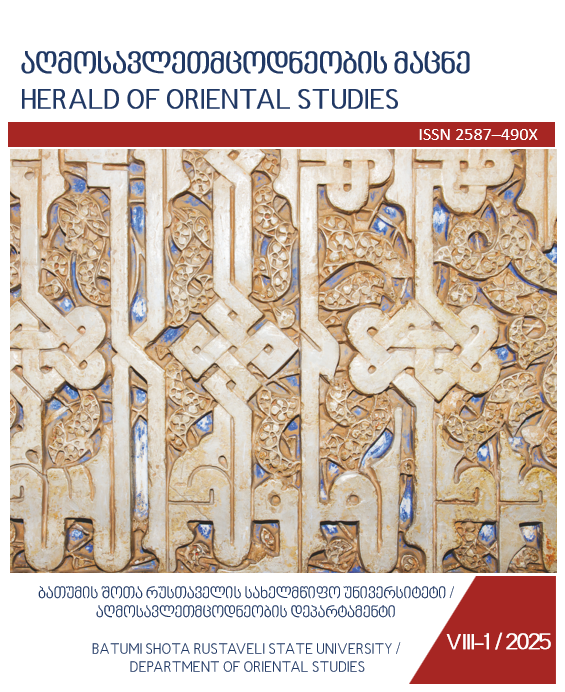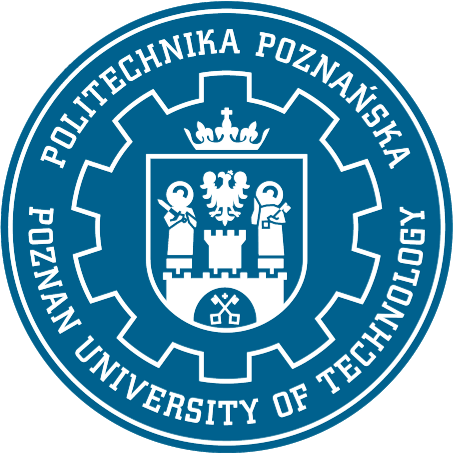The Strengthening of Turkey's Role in the South Caucasus in the Post-Soviet Period
DOI:
https://doi.org/10.61671/hos.8.2025.9087Keywords:
Georgia, Turkey, Region, Politics, Azerbaijan, Iran, Caucasus, ArmeniaAbstract
Turkey is a state with strong political, military, and economic capabilities located in the Middle East region. Following the collapse of the Soviet Union, it particularly intensified its relations with the countries of the South Caucasus region (Georgia, Armenia, Azerbaijan). In the initial stage, the problems within the country itself, the difficulties that arose in the political and economic spheres, to a certain extent, prevented Ankara from becoming the leader of the "Turkish world" and demonstrating its political capabilities and power at the regional level. To expand its influence in the South Caucasus, Turkey strives to establish good neighbourly relations with all three states in the region and skilfully utilizes its existing religious, ethnic, cultural, and geographical proximity to them in order to create the image of a leading regional actor. On its path to achieving this goal, it actively cooperates with the South Caucasus countries in the energy, political, and military spheres, and also pays particular attention to expanding trade and economic contacts in this region. Having come to power in 2002, the Justice and Development Party of the Republic of Turkey correctly understands its country's geopolitical significance, is not afraid of risks, and seeks to fill the vacuum that has emerged in the governments of the post-Soviet states. The risks are seen in the threat of confrontation with the Russian Federation, as despite the collapse of the Soviet Union, it does not intend to renounce the countries of the South Caucasus and remains one of the complex political players in the region. Since the 1980s, Turkey has taken active steps to balance the influence of Iran and Russia, as well as to weaken the influence of non-regional actors in the South Caucasus. According to Davutoglu’s new foreign policy doctrine, Turkey’s aspiration to become a leading regional country should not be incompatible with the interests of international actors (Grigoriadis I, 2010: 7). The coming to power of Recep Tayyip Erdogan for a new term will further intensify Ankara’s Caucasian policy.



































